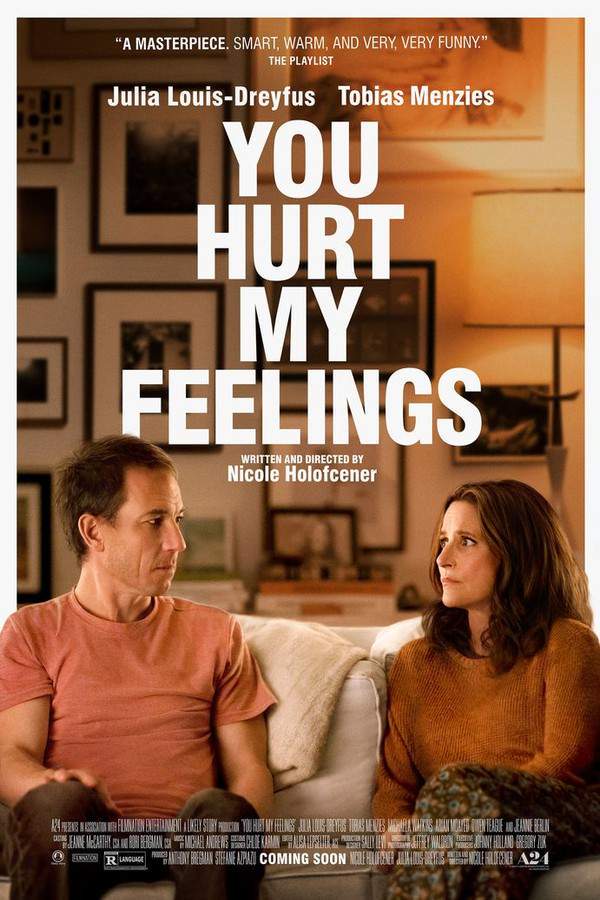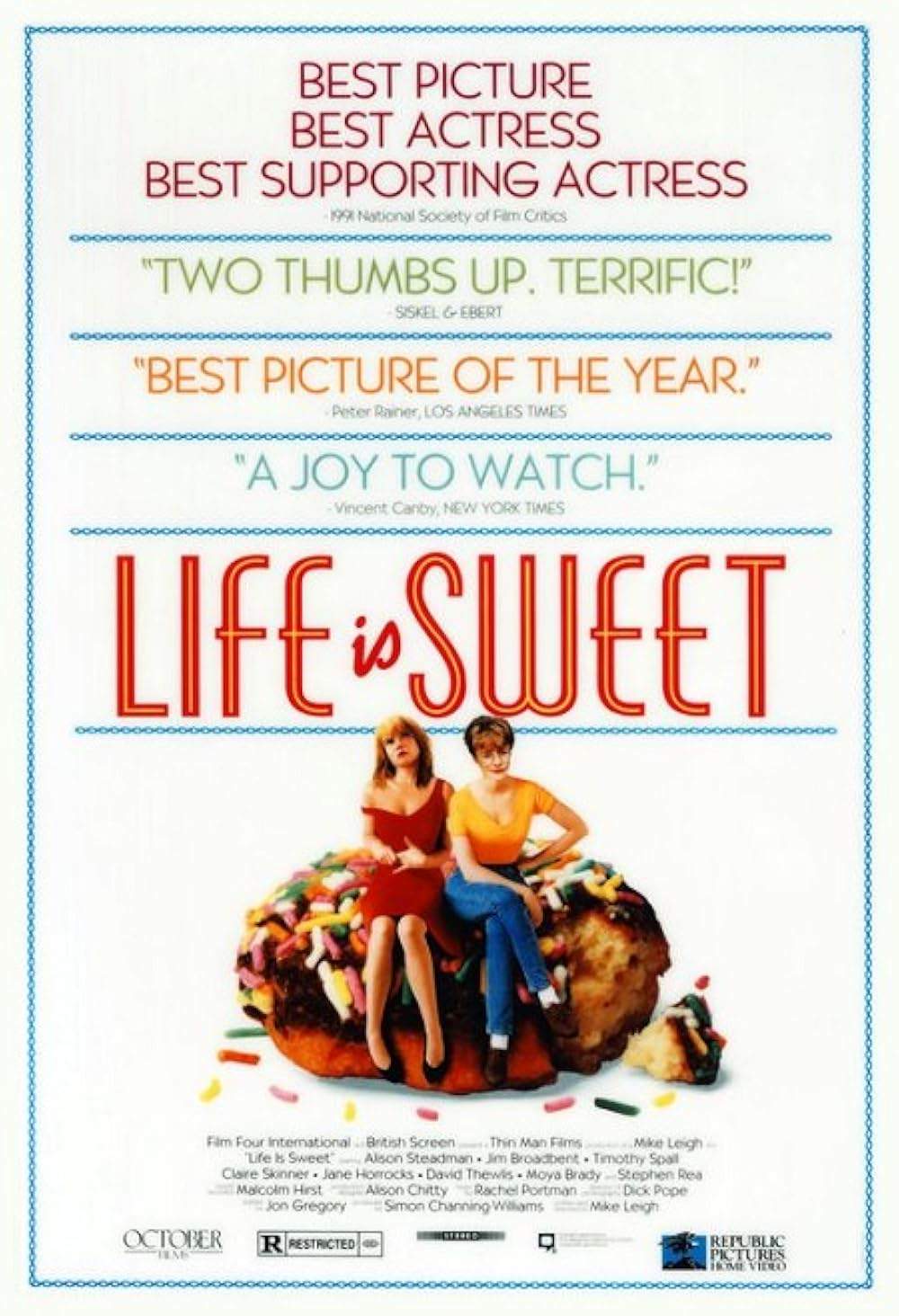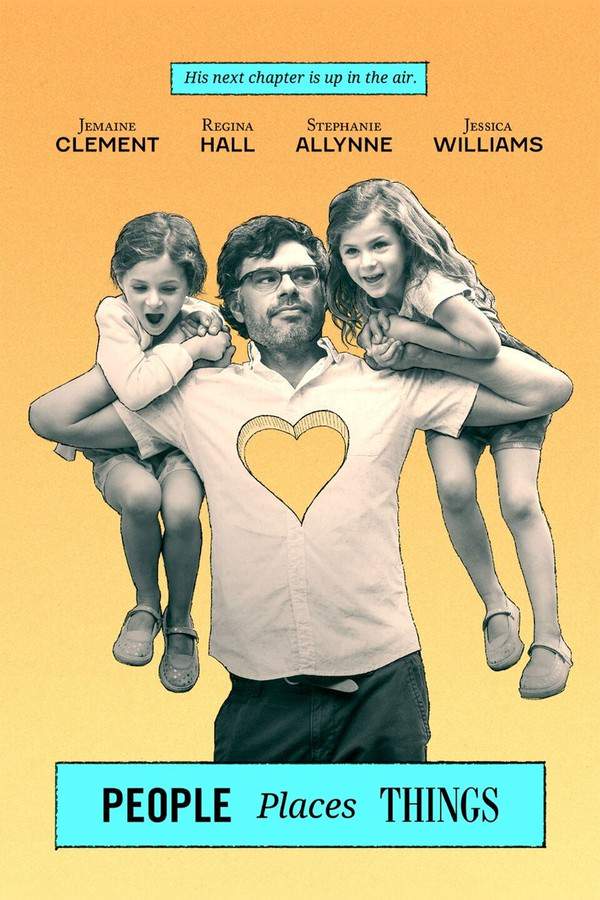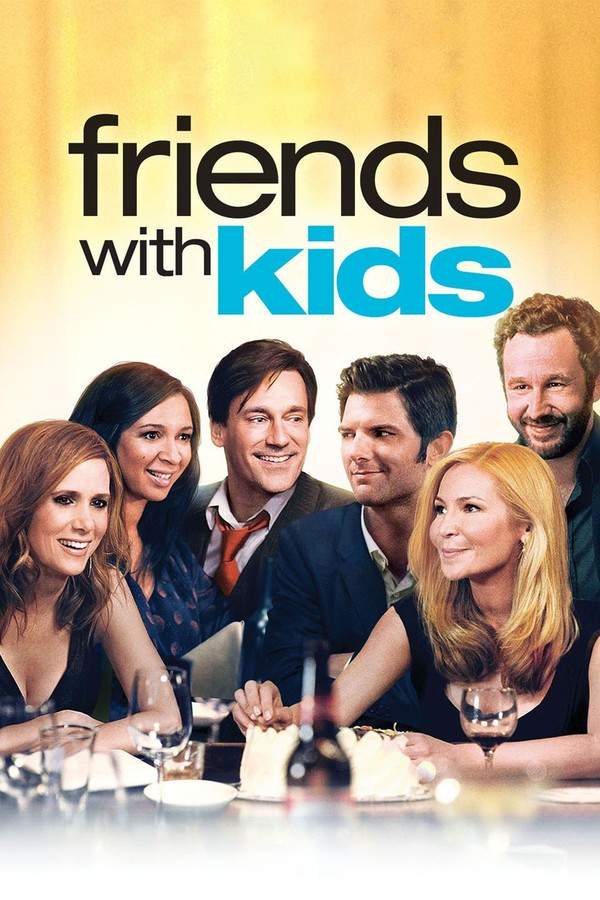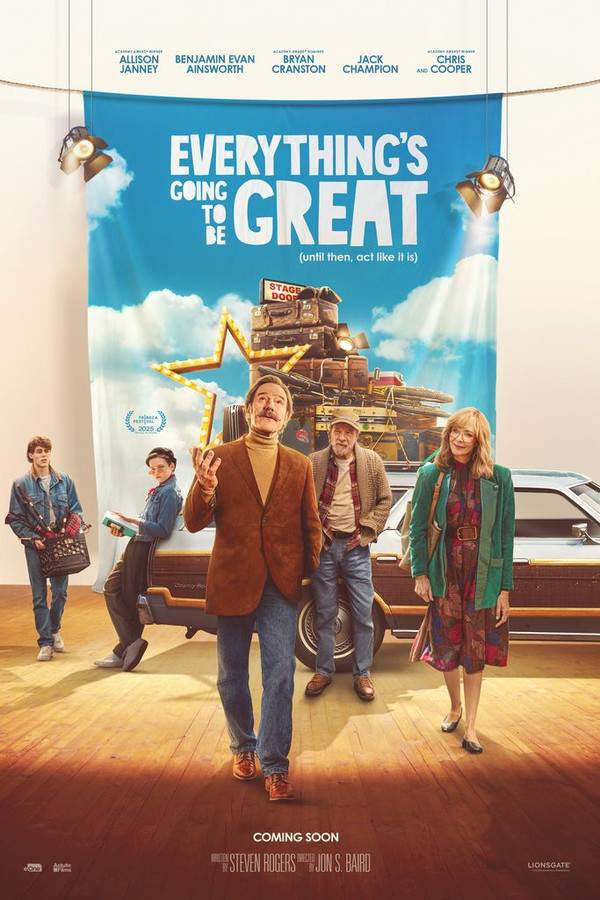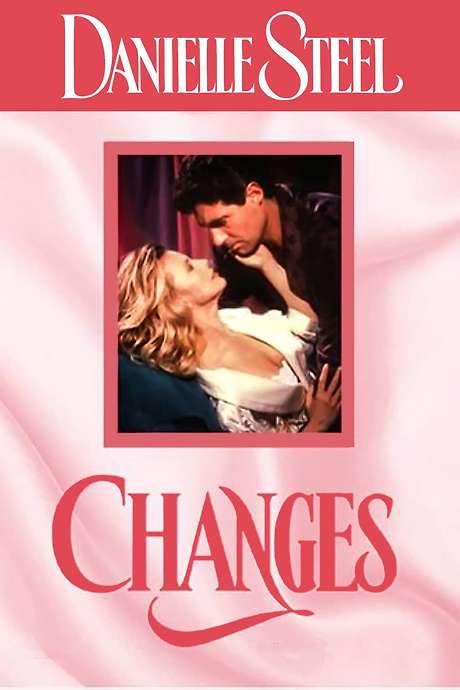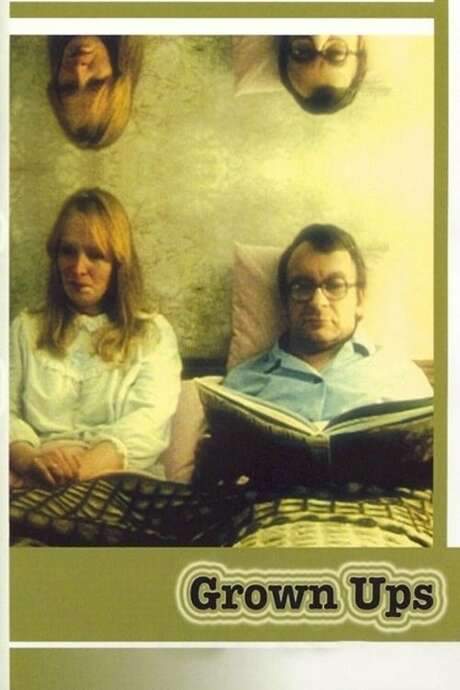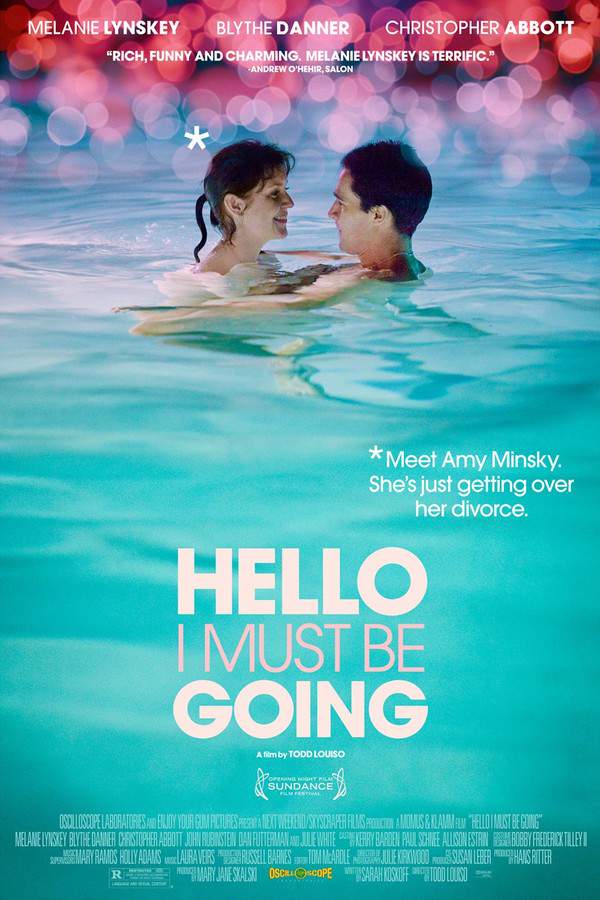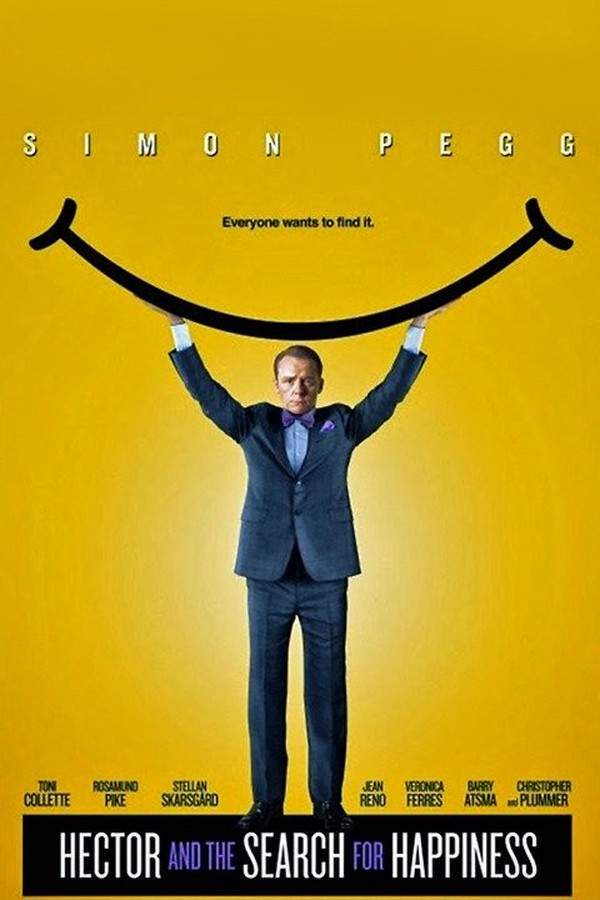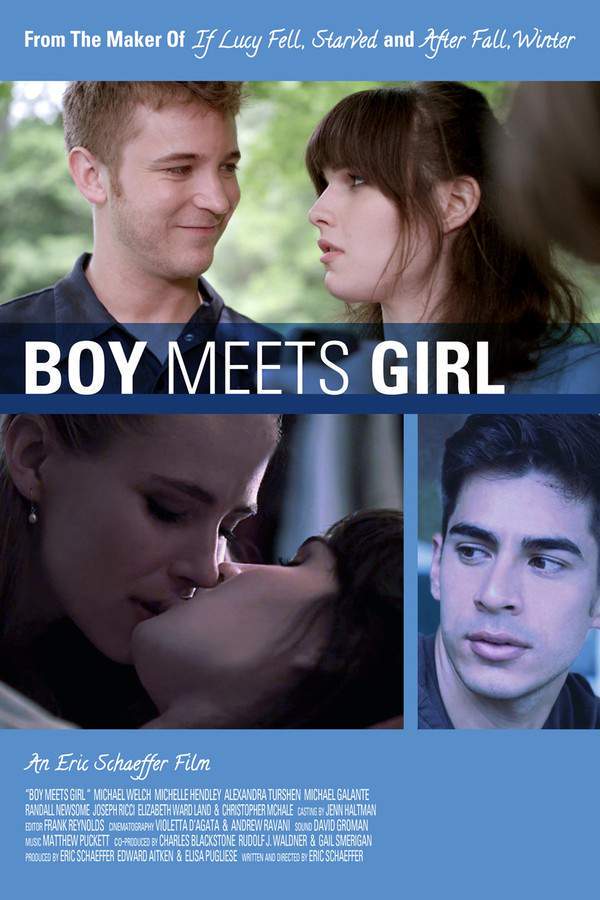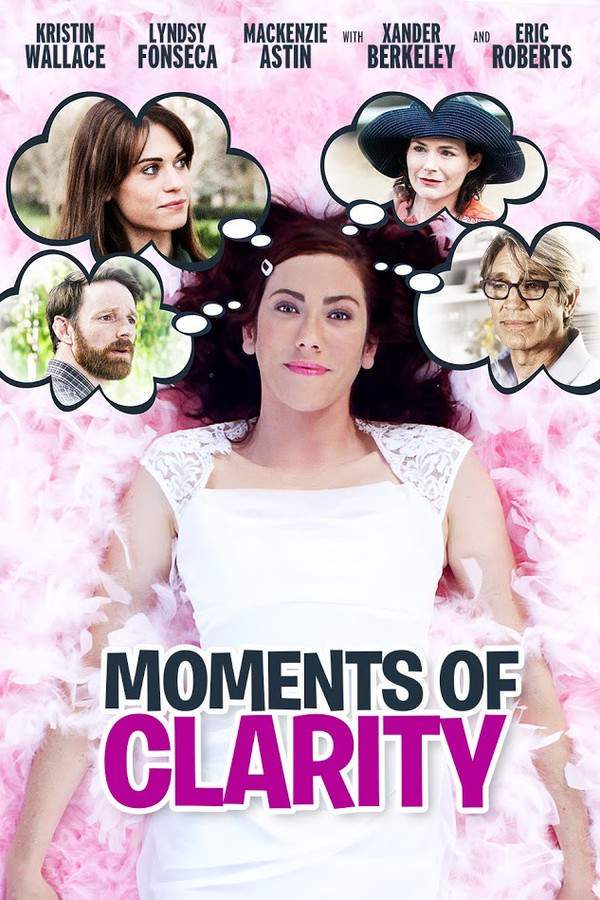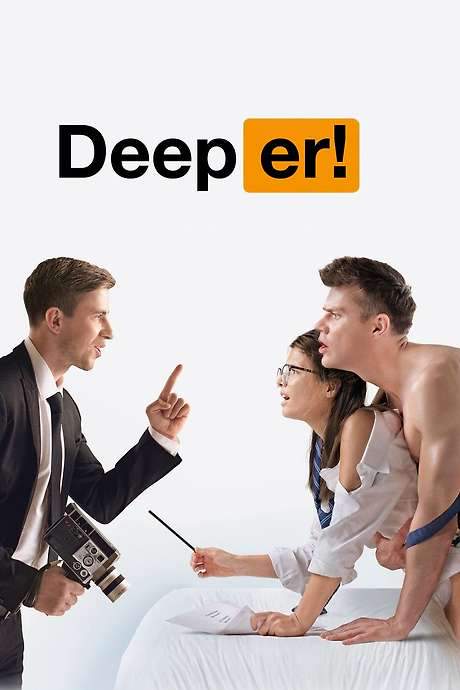
Modern Love
Year: 1990
Runtime: 105 mins
Language: English
Only the nappies have been changed to protect the innocent… Modern relationships are examined in this comedy drama.
Warning: spoilers below!
Haven’t seen Modern Love yet? This summary contains major spoilers. Bookmark the page, watch the movie, and come back for the full breakdown. If you're ready, scroll on and relive the story!
Modern Love (1990) – Full Plot Summary & Ending Explained
Read the complete plot breakdown of Modern Love (1990), including all key story events, major twists, and the ending explained in detail. Discover what really happened—and what it all means.
Greg is tenderhearted and a little neurotic, a man who loves being in love but often finds his affections unreturned by those around him. At the Hoskins Public Relations Firm, he’s frequently the butt of his coworkers’ jokes, yet he quietly carries on, hoping for a breakthrough. His latest assignment is to manage Dirk Martin, an obnoxious, aging surfer who is slated to star in his own television series. Greg’s boss, Mr. Hoskins, sees in Dirk a potential hit that could finally lift Greg out of small-time PR work, a long-term contract and national visibility promised to be a windfall if Dirk’s show takes off. The contrast between Greg’s earnest, fragile heart and the rough exterior of his client sets the tone for a life that feels simultaneously crowded with risk and crowded with possibility.
Greg’s love life mirrors the chaos at work. His girlfriend, Annabell, is stylish and carefree but a poor match for him due to their different social upbringings and her flirtatious tendencies. A pregnancy scare lands Annabell and Greg in a doctor’s office, where the atmosphere is somehow intimidating and comic, thanks to a stern, formidable presence at the front desk—Receptionist. On a whim, Greg asks to see the urologist who shares the office, and what begins as a routine consultation quickly escalates into something intensely personal as he meets Dr. Billie Parker. The attraction is electric and immediate, a stark contrast to the routine of his professional life. The moment Greg gazes into Billie Parker’s eyes, the possibility of a different, more intimate future becomes undeniable, and what should have been only a professional interaction blooms into something transformative.
As Greg and Billie fall in love, their fledgling relationship becomes a path of self-discovery. The two dream about a life together, and Greg finds himself envisioning a future beyond the buzzing world of PR—one built on genuine connection rather than surfaces. When Billie accepts his marriage proposal, Greg can hardly believe his luck, and the sense of destiny feels suddenly plausible, as if the universe has aligned to give him a second chance at happiness. The wedding becomes a focal point, a symbolic joining of two people who have already grown into something larger than themselves, and it is here that Billie’s father, Colonel Frank Parker, steps into the story. The military man’s blunt questions about Billie’s initial aversion to marriage and his expectations about parenting reveal a family tradition rooted in Catholic values, and his warm, measured welcome seems to seal Greg’s new place in the Parker clan.
The newlyweds move to South Carolina to start their life together, and the news of Billie’s pregnancy brings fresh light and new responsibilities. Yet the calm is short-lived as Billie’s mother, Evelyn Parker, arrives and immediately takes charge of the household. Evelyn is a commanding presence with clear ideas about how a home should run, and her arrival is not without tension as the couple learns to navigate the dynamics of a larger, more controlling family. Billie’s mother isn’t the only parent who enters the scene; Greg’s own mother also appears with her own opinions about parenting and the baby’s name, adding another layer of complexity to the growing family.
The home becomes a stage for competing parental voices, and Greg begins to feel the weight of expectations bearing down on him. Evelyn’s influence, in particular, grinds at the edges of the young couple’s sense of autonomy, and Greg’s sense of creative freedom starts to fray as the demands of family life press in. Meanwhile, Billie finds her own way to assert identity—she dabbles in stand-up at a local club, testing how far she can stretch her own voice in an environment that is often unkind or dismissive. Greg attempts to support her, but when a club bouncer ejects him as he tries to enter, a moment of comic humiliation underscores the growing distance between his old sense of independence and his new, domestic life. The strain intensifies when Evelyn prepares to depart, offering lingering counsel about healing the marriage and a sincere, if painful, apology to Greg.
Dirk, still a handful for the firm, continues to drain time and money with his volatile demands. At a lavish, out-of-control party, Greg finds himself tempted by a young guest and realizes that the perceived loss of freedom that came with marriage has sparked a restlessness in him. He longs to feel creative and alive again, to connect with the part of him that once thrived on risk and ambition. In response, he requests and receives a two-week vacation, a reprieve that gives him space to reassess what he wants from life and what he is willing to sacrifice for it. Hoskins, ever calculating, seizes the moment to push forward with a new, more lucrative act idea, while Dirk’s shows are cancelled, freeing Greg to search for something more meaningful than fame.
As Greg and Billie attempt to reclaim their footing, they plan a trip to Europe with their daughter Chloe, a move that seems to promise a return to the joy and spontaneity they once shared. Yet life has more upheaval in store: just before they depart, Billie is called away by airport staff to tend to her ailing mother, and they rush to the hospital to face the grim turn of events. The Parker family gathers around their matriarch as she battles for life, a moment that casts a long shadow over the couple’s plans and tests the resilience of their bond. In the wake of her mother’s illness, Billie’s world changes again, and the couple must confront a profound sense of loss.
Winter melts into spring, and Greg’s world shifts once more as the family learns to live with grief. One night, while the house is quiet, Greg experiences a powerful montage of memories: his wedding day, dancing with Billie in carefree happiness, Billie as a new mother holding Chloe, and Chloe growing from a toddler into a young girl who reminds him of the advice his own father once gave him. A beloved figure from the past—perhaps their own parents—appears in the images, urging them to embracing what lies ahead: “You have the whole world at your feet.” The sentiment echoes as a guiding light, suggesting that even after loss, life can widen in unexpected, affirmative ways.
Back home, life continues with a sense of cautious optimism. Greg, now reconnected with a sense of self, returns to the work he once found stifling and begins to blend his professional instincts with a renewed sense of personal purpose. He remains tethered to his duties at Hoskins, yet he refuses to let the pressures of the job erode the family life he has built with Billie and Chloe. They find themselves balancing the demands of the in-laws and the expectations of both sets of parents, learning to negotiate what is important for their expanding family. The pursuit of creative fulfilment, the tenderness of a lasting marriage, and the promise of a larger family culminate in a moment of quiet, expansive reflection: the world feels theirs to shape, and the choices ahead carry both risk and hope.
You have the whole world at your feet
In the end, the story remains a portrait of love’s resilience—a man learning to hold onto what truly matters: connection, family, and the courage to pursue a life that feels authentic. It is a meditation on how marriage can expand rather than constrain, how dreams evolve, and how the presence of loved ones shapes the paths we choose. The film invites viewers to witness Greg and Billie navigate joy, grief, and growth, and to consider how every generation adds its own thread to the fabric of a family’s life.
Last Updated: October 09, 2025 at 15:03
Explore Movie Threads
Discover curated groups of movies connected by mood, themes, and story style. Browse collections built around emotion, atmosphere, and narrative focus to easily find films that match what you feel like watching right now.
Bittersweet domestic comedies like Modern Love
Stories where love, parenthood, and career pressures meet with earnest humor.If you liked the blend of workplace humor and family dynamics in Modern Love, you'll enjoy these movies. This collection features comedies and dramedies about marriage, parenthood, and self-discovery, all sharing a steady pace, medium emotional weight, and a bittersweet yet hopeful tone similar to Modern Love.
Narrative Summary
These stories typically follow characters navigating significant life transitions—such as starting a family, getting married, or balancing career ambitions. The narrative unfolds at a steady pace, interweaving comedic moments with serious emotional conflicts, ultimately leading to a resolution that acknowledges life's difficulties but reaffirms the value of love and connection.
Why These Movies?
They are grouped together because they share a unique tonal balance: they are funny and heartfelt, tackling real-world adult problems with a mix of earnestness and humor. The pacing is deliberate, the emotional impact is substantial but not overwhelming, and the endings provide a sense of hard-won contentment.
Movies about hopeful self-discovery like Modern Love
Character-driven stories about finding yourself through love and loss.Fans of Greg's transformative arc in Modern Love will appreciate these films. This selection highlights character-driven stories where protagonists navigate love, grief, and generational differences to find themselves. These movies share a moderate complexity, reflective mood, and a ultimately happy ending feel, much like Modern Love.
Narrative Summary
The narrative pattern involves a character, often feeling neurotic or unfulfilled, who undergoes a transformation through significant relationships and life events. The journey is introspective, facing challenges like grief or external pressures, but the story structure ensures these obstacles lead to greater self-awareness and a positive, forward-looking conclusion.
Why These Movies?
These films are connected by their central theme of personal evolution and their balanced emotional palette. They are not overly dark or simplistic; instead, they present a realistic yet optimistic view of how people change and grow, making them satisfying for viewers seeking stories with emotional depth and a positive resolution.
Unlock the Full Story of Modern Love
Don't stop at just watching — explore Modern Love in full detail. From the complete plot summary and scene-by-scene timeline to character breakdowns, thematic analysis, and a deep dive into the ending — every page helps you truly understand what Modern Love is all about. Plus, discover what's next after the movie.
Modern Love Timeline
Track the full timeline of Modern Love with every major event arranged chronologically. Perfect for decoding non-linear storytelling, flashbacks, or parallel narratives with a clear scene-by-scene breakdown.

Characters, Settings & Themes in Modern Love
Discover the characters, locations, and core themes that shape Modern Love. Get insights into symbolic elements, setting significance, and deeper narrative meaning — ideal for thematic analysis and movie breakdowns.

Modern Love Spoiler-Free Summary
Get a quick, spoiler-free overview of Modern Love that covers the main plot points and key details without revealing any major twists or spoilers. Perfect for those who want to know what to expect before diving in.

More About Modern Love
Visit What's After the Movie to explore more about Modern Love: box office results, cast and crew info, production details, post-credit scenes, and external links — all in one place for movie fans and researchers.

Similar Movies to Modern Love
Discover movies like Modern Love that share similar genres, themes, and storytelling elements. Whether you’re drawn to the atmosphere, character arcs, or plot structure, these curated recommendations will help you explore more films you’ll love.
Explore More About Movie Modern Love
Modern Love (1990) Scene-by-Scene Movie Timeline
Modern Love (1990) Movie Characters, Themes & Settings
Modern Love (1990) Spoiler-Free Summary & Key Flow
Movies Like Modern Love – Similar Titles You’ll Enjoy
Love Movie (2018) Film Overview & Timeline
Modern Life (2000) Plot Summary & Ending Explained
Modern Loves (2019) Full Summary & Key Details
Love Hurts (1990) Ending Explained & Film Insights
Funny About Love (1990) Film Overview & Timeline
Modern Romance (1981) Full Summary & Key Details
Young Love (1987) Ending Explained & Film Insights
Modern Love (2021) Spoiler-Packed Plot Recap
Modern Father’s Diary (2021) Film Overview & Timeline
We Have Never Been Modern (2023) Complete Plot Breakdown
Making Babies (2023) Plot Summary & Ending Explained
A Modern Affair (1995) Spoiler-Packed Plot Recap
Modern Love (2008) Plot Summary & Ending Explained
Modern Love Is Automatic (2009) Detailed Story Recap
Die, My Love (2025) Spoiler-Packed Plot Recap

